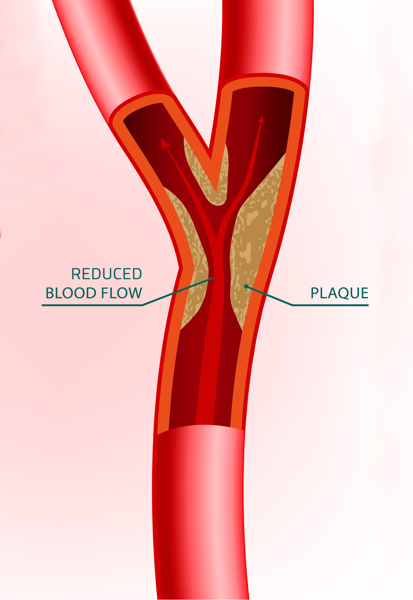- HOME
- PATIENT PORTAL
- SERVICES
- ALLERGY SYMPTOMS
- ALLERGY TEST
- ANNUAL PHYSICAL
- ASTHMA
- CHOLESTEROL
- CHRONIC CONDITIONS
- CIRCULATION / VASCULAR TESTING
- COLD/FLU SYMPTOMS
- DIABETES
- DIGESTIVE DISORDERS
- ECHOCARDIOGRAM
- EKG TEST
- HIGH BLOOD PRESSURE
- HEARTBURN / ACID REFLUX
- LAB SERVICES
- NUCLEAR STRESS TEST
- PRE-OP EXAM
- PRIMARY CARE
- SEXUAL DYSFUNCTION
- SINUS INFECTIONS
- THYROID DISORDERS
- ULTRASOUND
- URINARY SYMPTOMS
- WOMEN'S HEALTH
- X-RAYS
- OTHER ISSUES
- FORMS
- IMMIGRATION PHYSICAL
- INSURANCE
- PAY MY BILL
- PROVIDERS
- LOCATIONS

For appointments and questions call 770-435-3214
Same day/Next day appointments available
HIGH CHOLESTEROL EAST COBB (MARIETTA)
KNOW THE FACTS

WHY IS CHOLESTEROL IMPORTANT?
More than 70 million Americans have high cholesterol. This condition can lead to serious health complications, including heart attack, stroke, and death. Getting a cholesterol test is an essential first step to understanding your risk. We can help you keep control of your cholesterol. To learn more, book an appointment over the phone today.
GOOD AND BAD CHOLESTEROL?
HDL is good cholesterol and it helps protect you from heart attacks and strokes. Thererefore, the higher the HDL the better. LDL and Triglycerides are the bad choelsterols and these can put you at risk for heart attacks and strokes if they are elevated.
WHAT CAN CAUSE HIGH CHOLESTEROL?
High cholesterol is often caused by specific lifestyle factors, including:
Unhealthy diet
Lack of physical activity
Smoking or exposure to secondhand smoke
Being overweight or obese
High cholesterol can also run in families. Living a healthy lifestyle can prevent high cholesterol from developing or may reduce the severity of it.
HOW IS HIGH CHOLESTEROL DETECTED?
High cholesterol is diagnosed through comprehensive blood testing. Your doctor may recommend that you fast for 8 hours before your test.
After a small sample of blood is drawn from your arm, your blood will be tested for triglycerides, LDL cholesterol, and HDL cholesterol. Your doctor will then assesses the ratio of fats in your blood in order to determine if your LDL cholesterol is too high or if your HDL cholesterol is too low. This ratio will determine your diagnosis and treatment.
High cholesterol doesn’t have any symptoms, so it’s important that you get it checked regularly. The American Heart Association recommends that everyone gets checked starting at the age of 20.
HOW IS HIGH CHOLESTEROL TREATED?
Depending on your diagnosis and overall health, your doctor will recommend a treatment plan. Your doctor will likely recommend conservative treatment first, which normally includes losing weight, increasing your physical activity, and improving your diet.
If conservative treatment isn’t enough, your may doctor prescribe cholesterol-lowering medications. These can help prevent fat from depositing on the walls of your blood vessels.